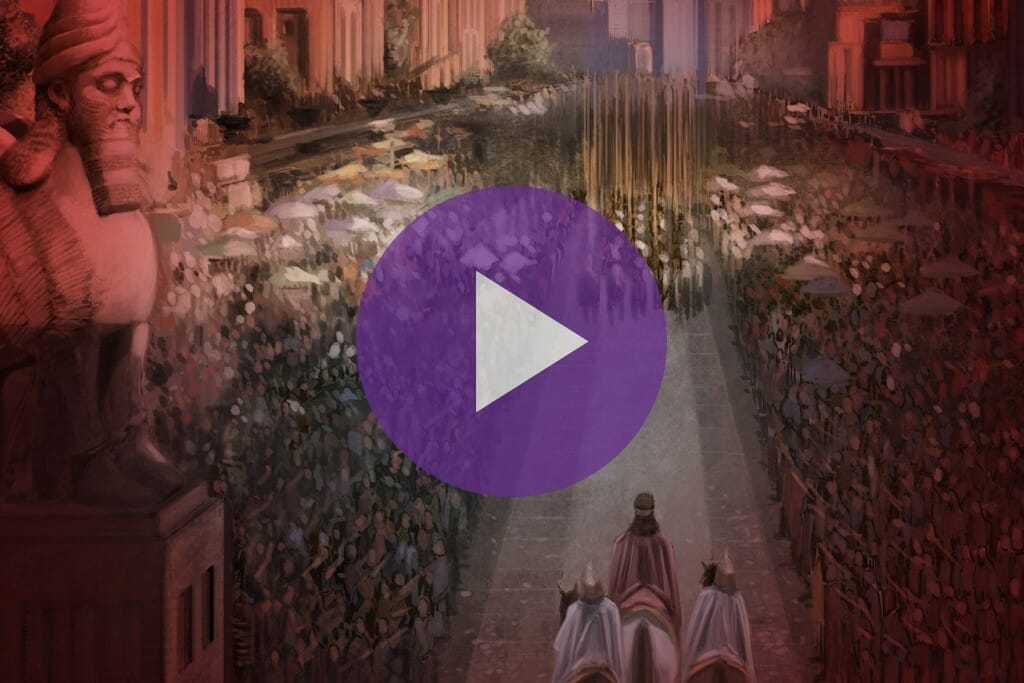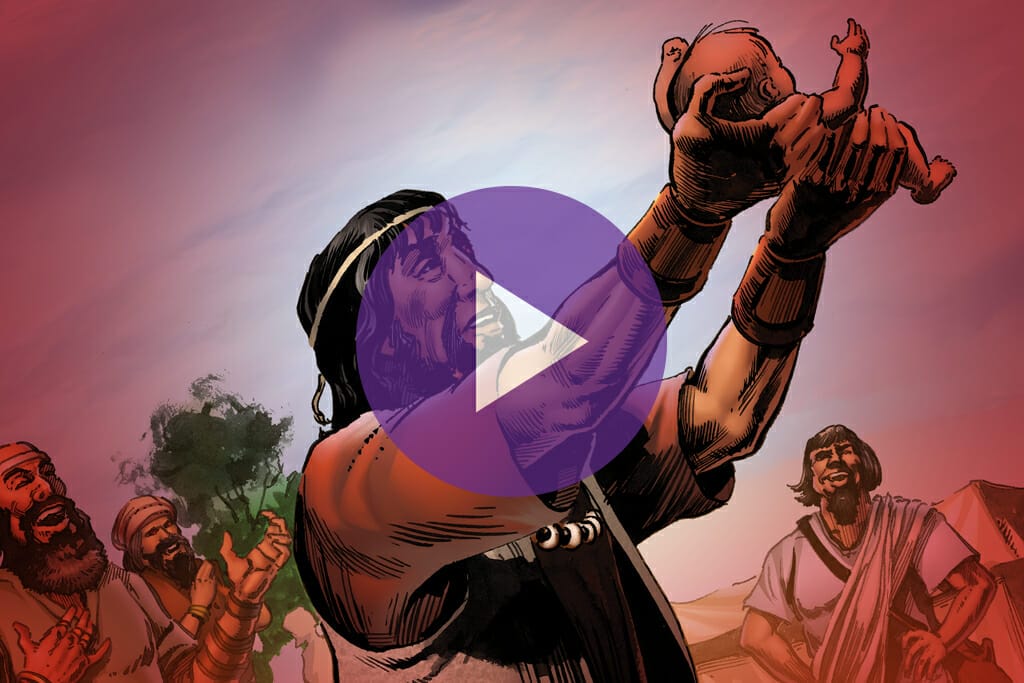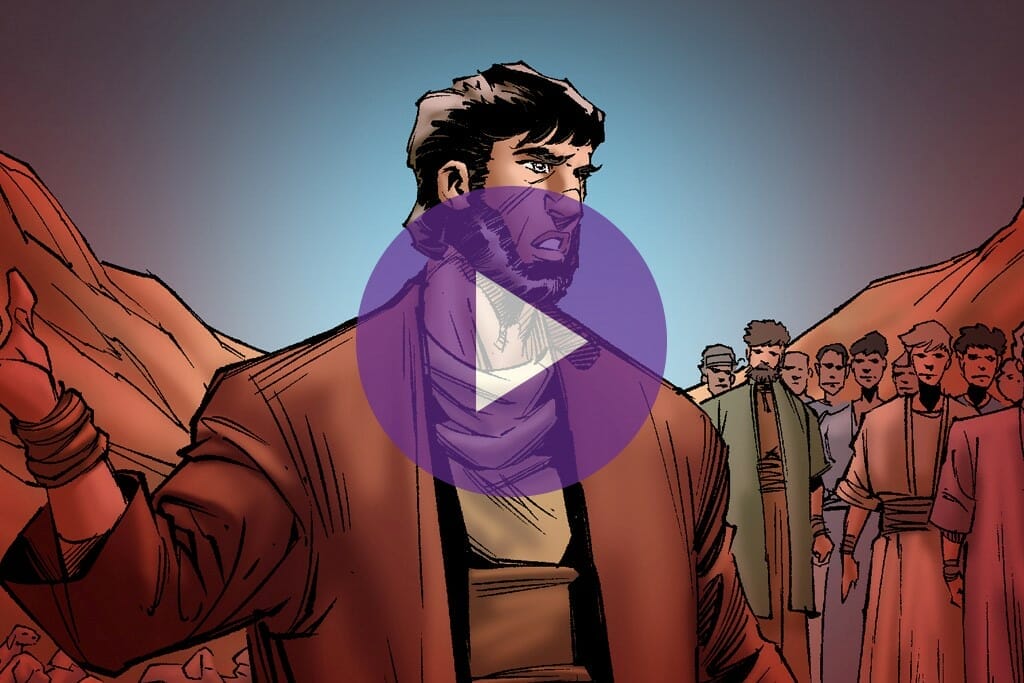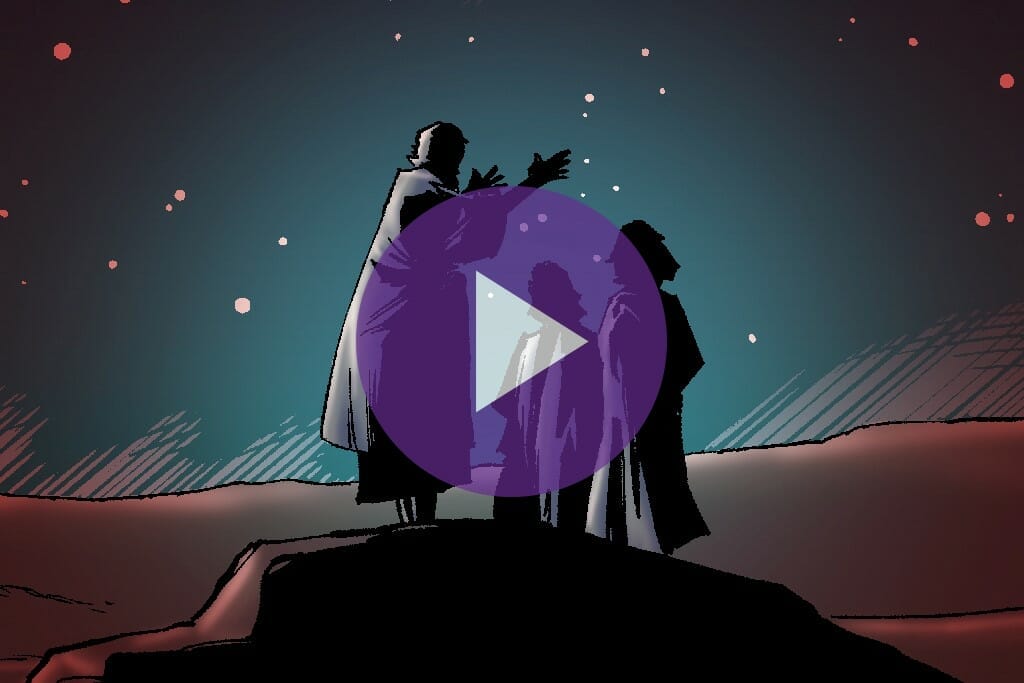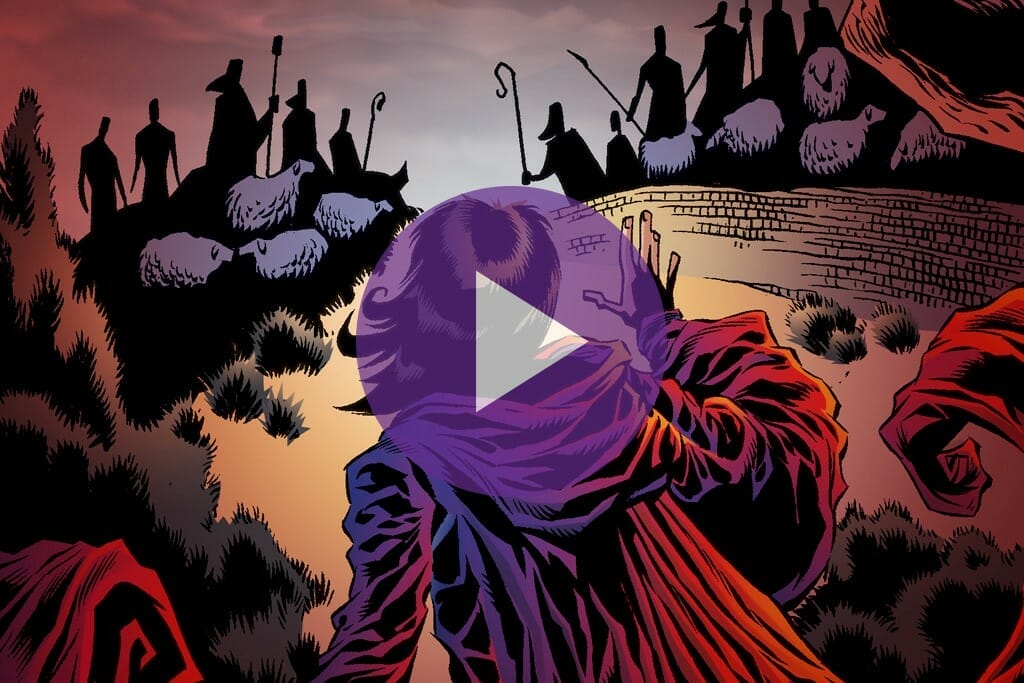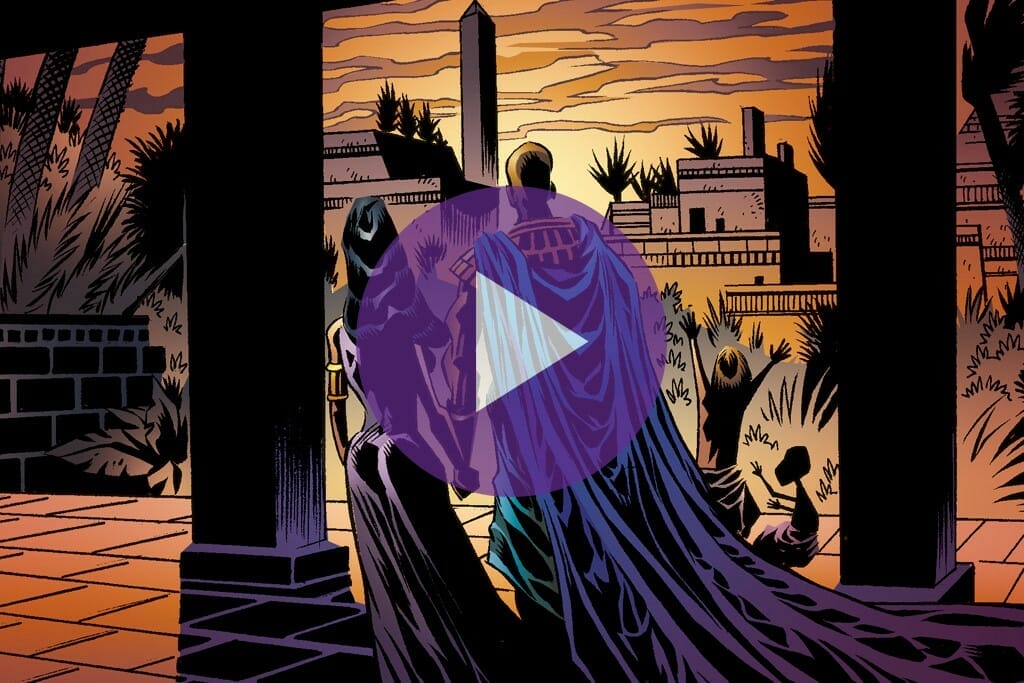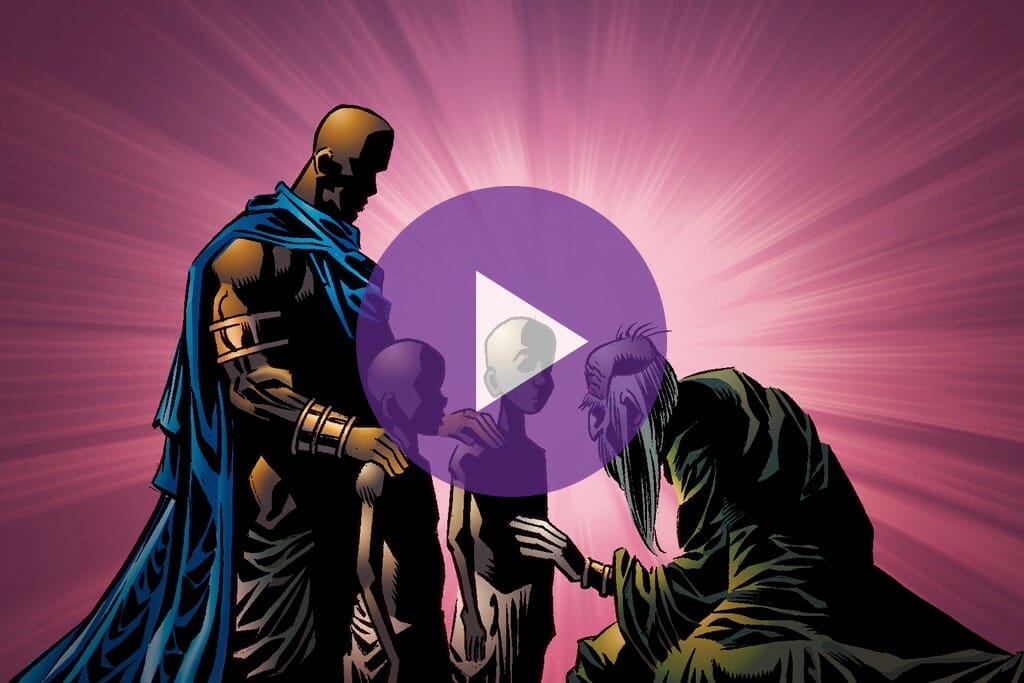As we conclude the story of Joseph, now over 30 and a family man, he has proven himself to Pharaoh and serves next to him as the chief administrator over all of Egypt. During the seven years of abundance, Joseph stores up huge quantities of grain. Then the seven years of famine begins, just as Joseph had said. When it spreads over the whole country, Joseph opens all the storehouses and provides grain to the Egyptians. Then all the world comes to Egypt to buy grain from Joseph because of severe famine everywhere.
Shortage of food in Canaan forces Jacob to send his sons to buy grain from the Egyptians. Jacob keeps his youngest son at home; he fears losing him, as he did Joseph. When Joseph encounters his brothers again, he deliberately conceals his identity. He accuses them of being spies and tells them to return with Benjamin or he will not sell them grain. The ongoing famine forces Jacob to reluctantly send his sons back to Egypt with Benjamin, and they are unexpectedly invited to dine at Joseph’s house. Joseph then tests the character of his brothers by placing a silver cup in the sack of Benjamin and accusing him of theft. When Judah offers to stay in place of Benjamin, Joseph knows that his character has changed and reveals that he is their brother. They are horrified, no doubt fearing for their lives. But something most unusual happens; Joseph forgives his brothers—for it was through their betrayal that God’s plan could evolve.
Joseph’s story is one of heroic redemption and reconciliation, both for a family and for a people. It is about a God who is faithful to His promises. God worked through the brokenness in this family—through favoritism, jealousy, hatred, and suffering. By doing this, He provided a way for His people to survive a seven-year famine and to grow and multiply until it was time to return to their homeland.

